Enactus – Monmouth University Chapter is a student-led organization. All majors are welcome to participate, and there is no cost. The club meets once a week, and meetings frequently include discussions about career development and community service.
Students in Enactus work on a variety of projects that support the United Nations Sustainable Development Goals. Such projects include improving access to education, empowering women and girls, and increasing access to clean water. Students who participate in Enactus develop essential skills that will prepare them for future careers and leadership roles. These skills include project management, problem-solving, teamwork, communication, and entrepreneurship, all highly valued by employers and necessary for sustainable development.
Enactus – MU Chapter collaborates closely with the Business Council and receives financial assistance for its community outreach initiatives from this advisory group.
Executive Board
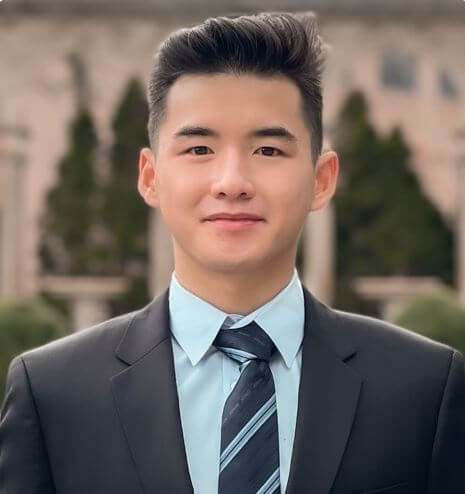



Faculty Advisor
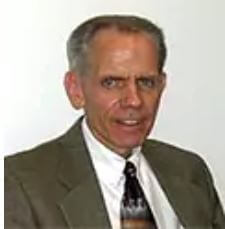
Key Projects
Mentoring Beyond Borders (MeBB)
Dr. Janeth Merkle founded MeBB in the fall of 2020. The MeBB project is committed to collaborative community engagement that promotes societal impact through providing workshops and webinars to participating students abroad. MeBB utilizes technology and digital platforms to foster knowledge transfer, long-term engagement, and continuous learning. Enactus students are exposed to cultural and global environments, civic and societal engagement, and leadership and professional development through this project. The project offers modules that target career-readiness, delivered and taught by Enactus students in partnership with industry leaders. This project currently serves 500 student participants from Bulacan State University, Philippines.
Clean Water Project
Responding to the United Nations Sustainable Development Goal #6 (Clean Water and Sanitation), Enactus students are currently working on a clean water project. Its goal is to provide residents of Sitatunga Village with a community-wide clean water source for drinking and cooking. The villagers of Sitatunga, Kenya, have died due to a lack of clean water. Students created a prototype with the help of a third-party filtration product in partnership with Mr. Chris Jepson, P.E., Wastewater Operator/Biologist of Van Cleef Engineering Associates, LLC. The prototype was tested for efficacy through collaboration with Lyons Environmental Services. Due to the pandemic, this project is currently on hold.


Women Empowerment Project (Philippines)
In 2017, a group of Enactus students traveled to the Philippines for an entrepreneurial action that taught non-working mothers in Nueva Estrella, Pintuyan, and Southern Leyte, Philippines, how to start and manage small businesses. Enactus students assisted this group in establishing a small sari-sari store and a bakery.
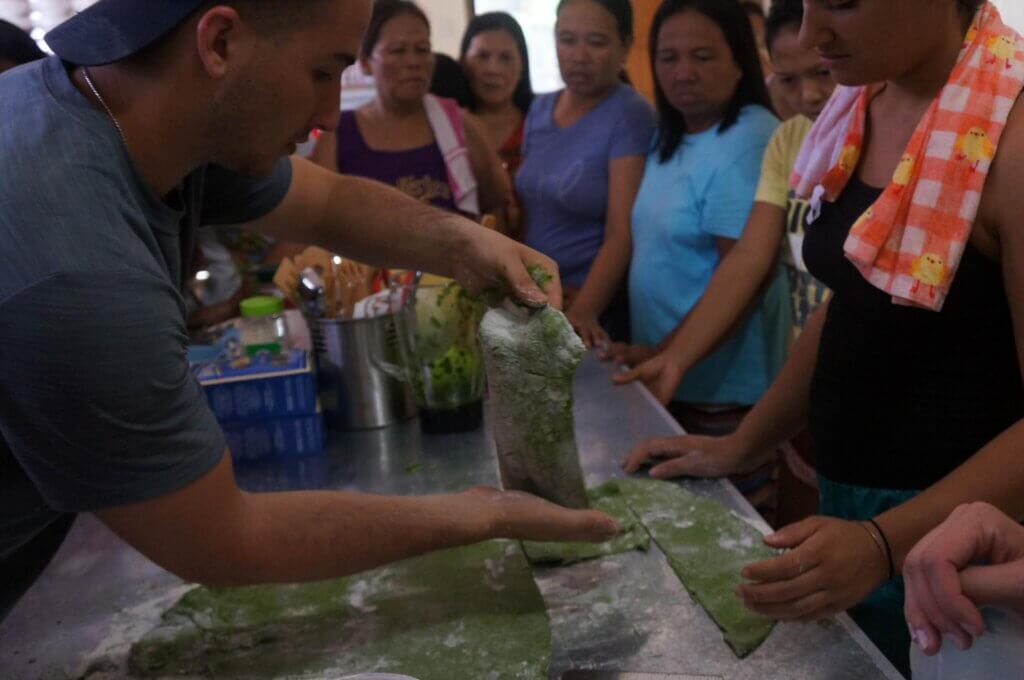
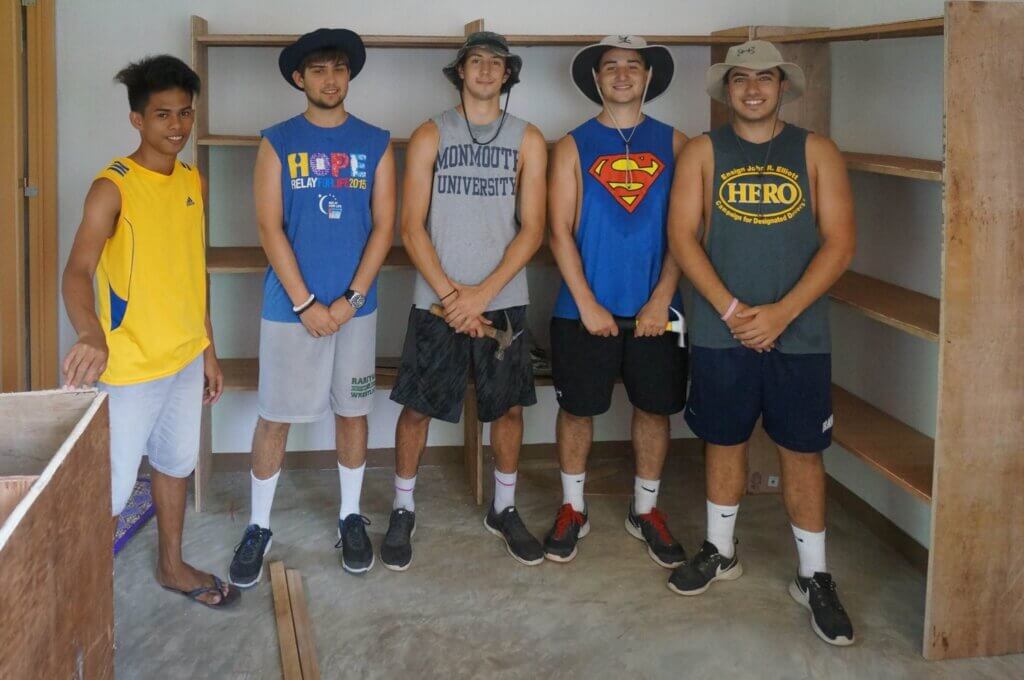
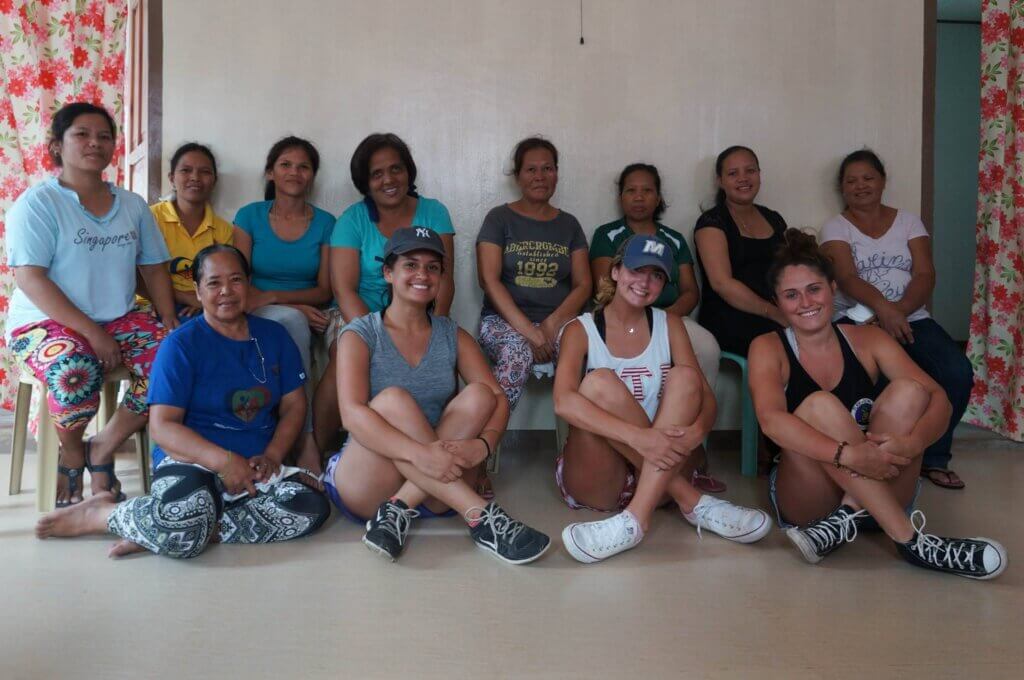

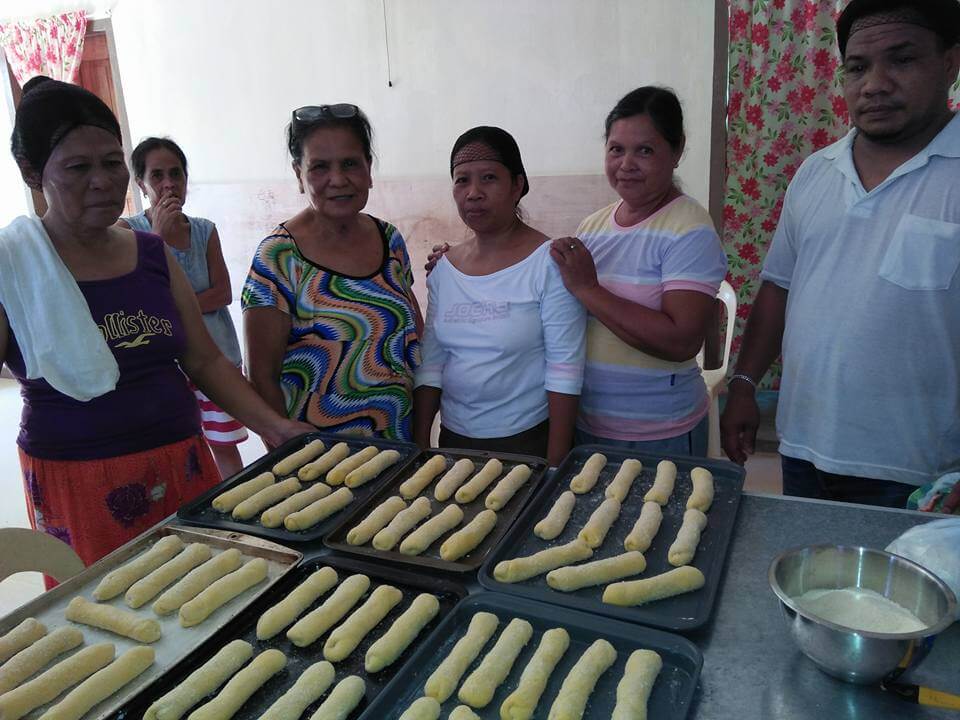

Service Learning Global Literacy Initiative
Enactus students collaborated on a global English literacy project addressing one of the United Nations Sustainable Goals centered on education with Ms. Nancy Uslan, Co-founder of IU’s Books and Beyond Project, The Bullock Public K – 5 School, and Artware for Good. The project’s recipient was the Bisate Primary School in Rwanda’s Virunga Mountains. Rwanda’s president declared English as the country’s official language in 2008. Kinyarwandan is the tribal language, but English is the language of the global economy. Due to the Rwandan book famine, providing English support materials to Rwandan children and the 1,900 Bisate primary school students became critical.
Monmouth University Enactus students guided and supervised Bullock’s fifth-grade students as they created a collection of one-page short stories to teach Rwandan students the English alphabet. The final story collection was published as a book for Rwandan students, complete with culturally appropriate words that allow Rwandan students to connect with the book’s content.
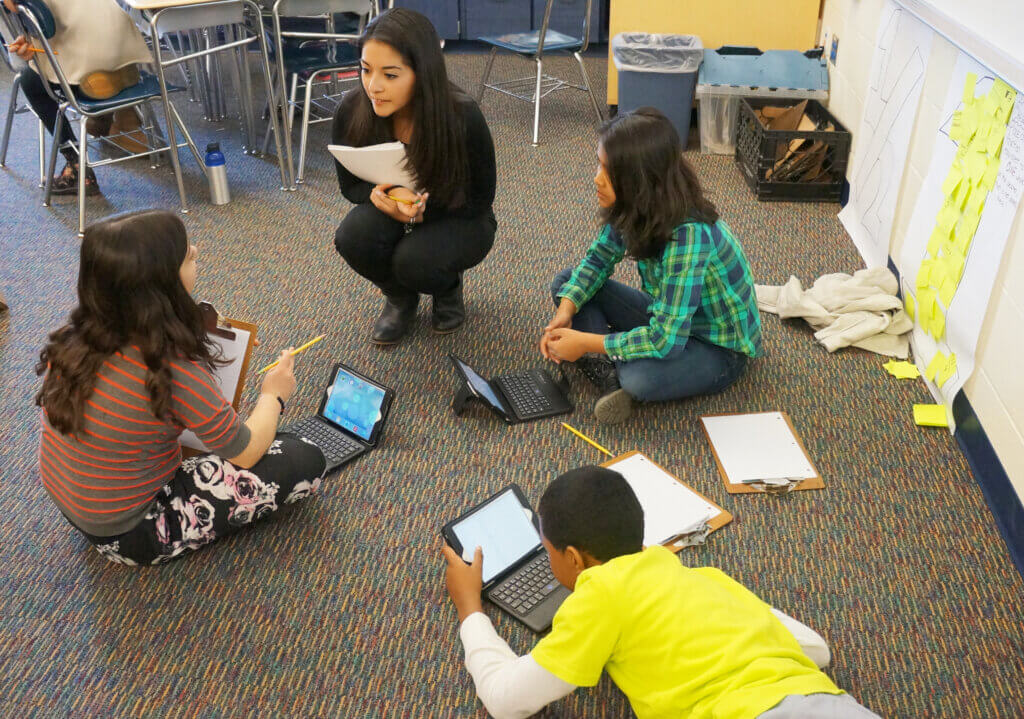
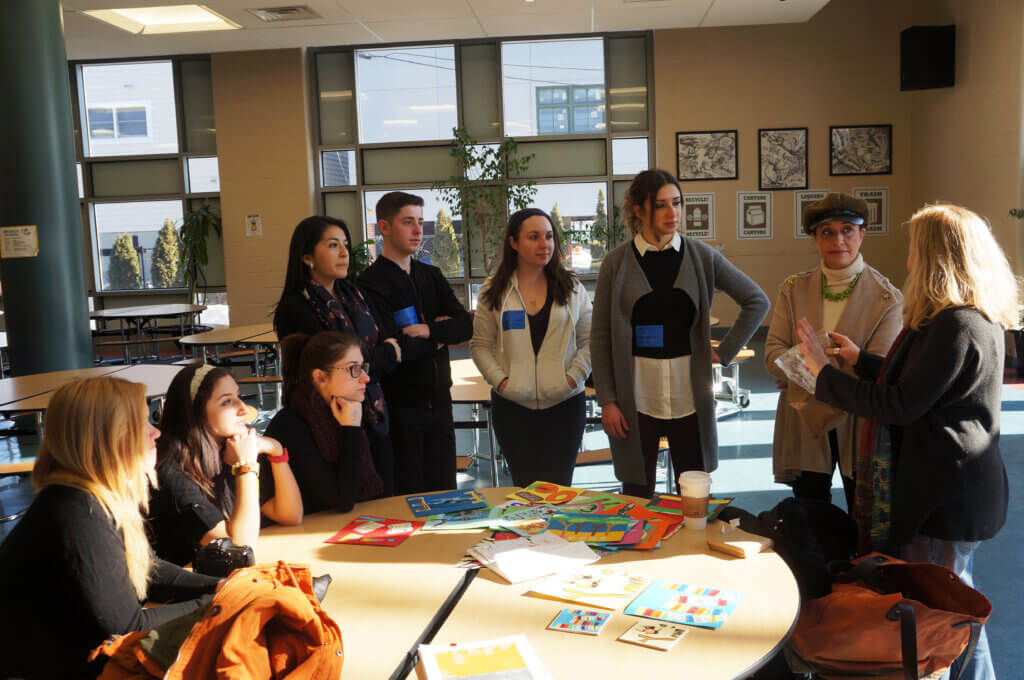
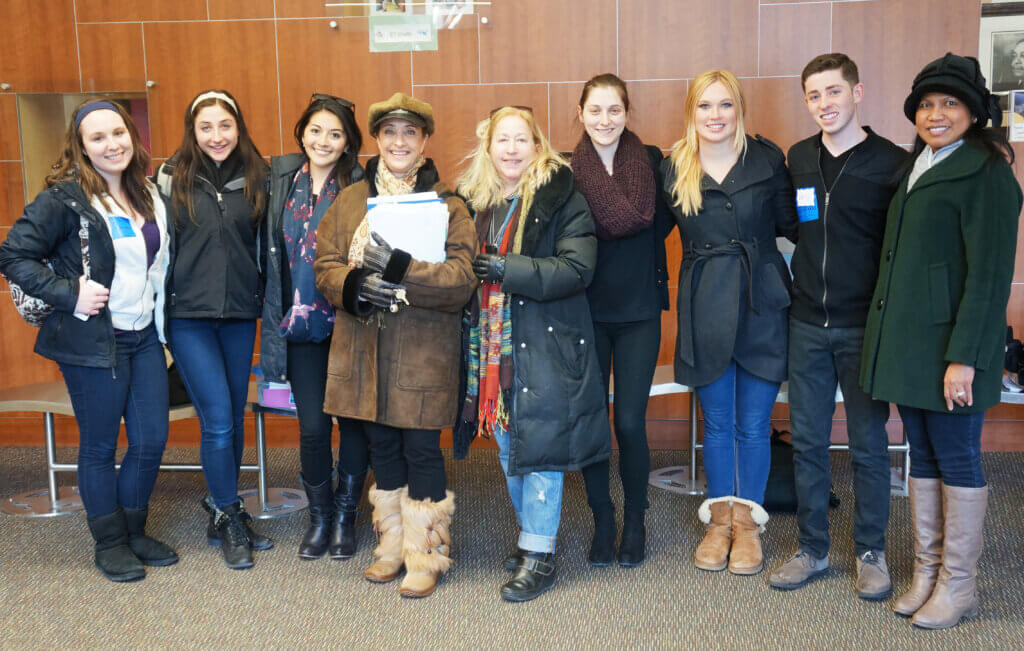
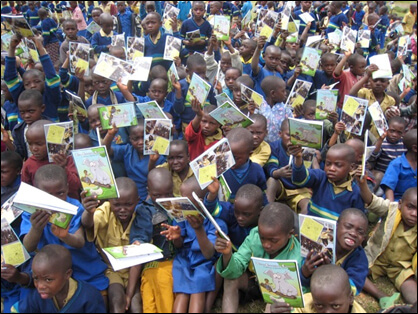
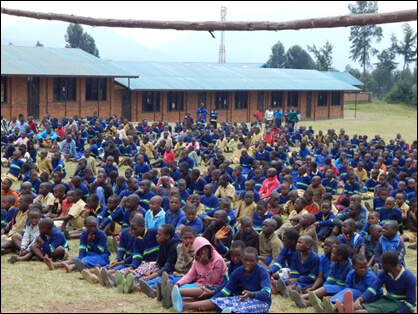
Annual Trip to the United Nations
Enactus students stay current on the UN Sustainable Development Goals by participating in guided tours at the United Nations. The team’s exposure to current environmental and societal issues aided in developing targeted projects.
